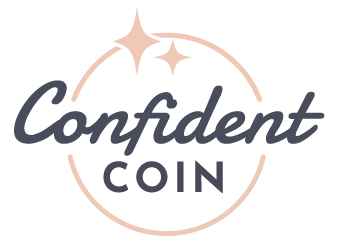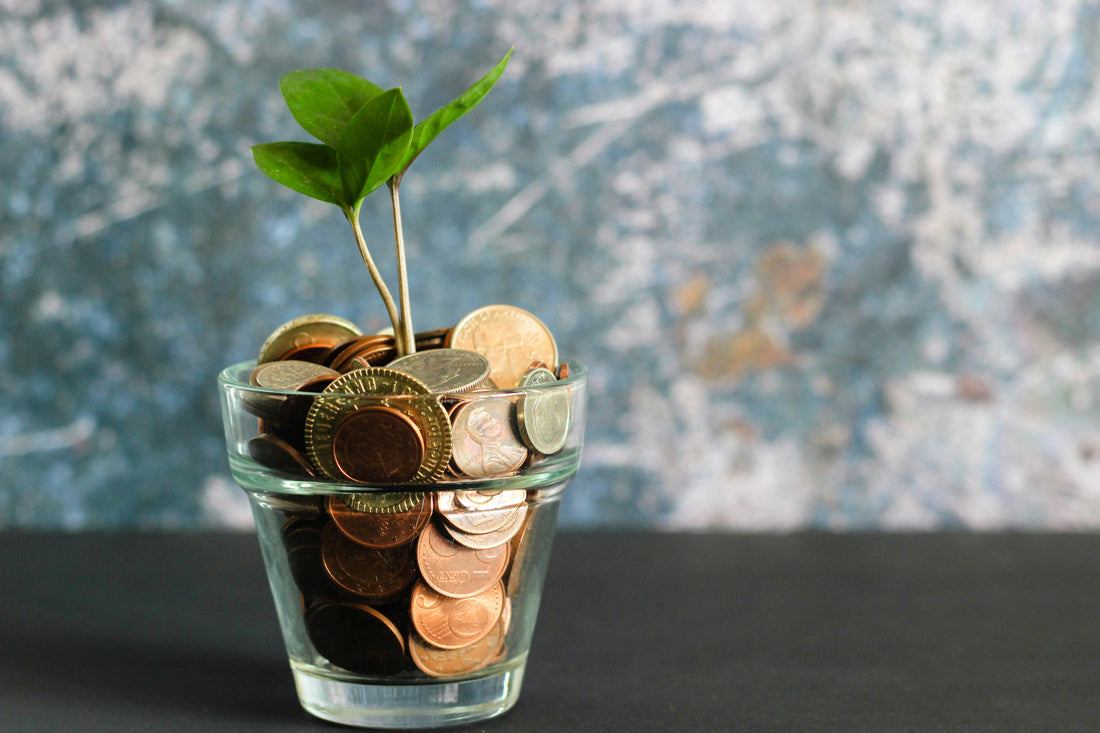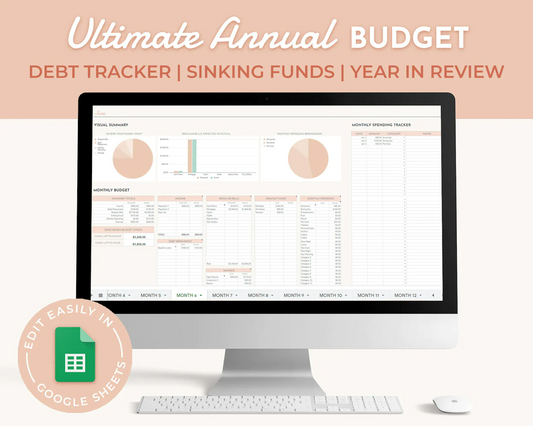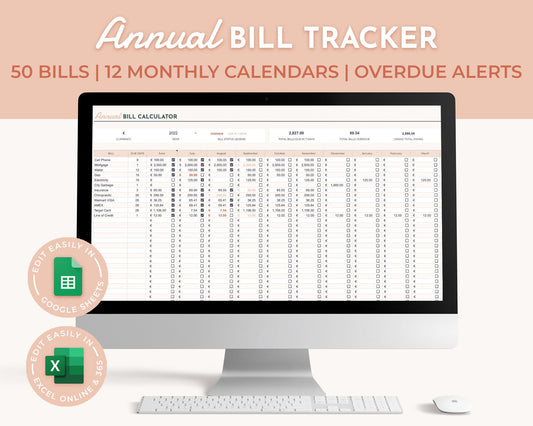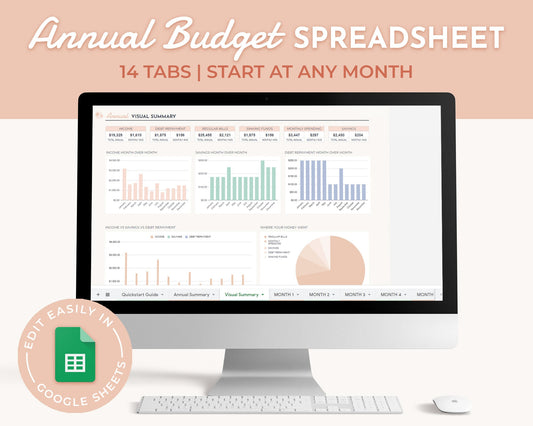It might feel like the world is crumbling underneath you but a recession doesn’t have to mean financial disaster. With smart planning, you can stay secure, reduce stress, and even come out stronger. The goal is to try and cut costs, build resilience, and protect your income without sacrificing your lifestyle.
Here are the Best Saving Tips:
1. Build an Emergency Fund
Prioritize saving 3–6 months of essential expenses in a high-yield savings account. To figure out how much that is, calculate your MINIMUM FIXED EXPENSES (the bare minimums you need to live: bills to pay, a house over your head, the leanest food budget, utilities) and then multiply that by 6.
2. Reduce High-Interest Debt
Pay off credit cards, loans and anything with the highest interest first to avoid financial strain. This can be called the Avalanche Debt Payoff Method.
3. Invest in Yourself with Recession-Proof Skills
Up skill in areas like trades, healthcare, IT, or remote work to stay employable.
4. Find a Recession-Resilient Side Hustle NOT an MLM!
Start a low-cost side gig (freelancing, digital products, tutoring, etc.) that uses skills you already have with minimal investment from you.
5. Cut Unnecessary Expenses
Identify subscriptions, impulse purchases, and services you don’t truly need or that you could share with a friend.
6.Buy in Bulk & Stock Up on Essentials
If possible, and your budget allows, protect yourself from rising prices by purchasing non-perishables and household basics in advance. Not 6 carts worth of toilet paper. Reasonable pantry items, like a couple cans of beans or a package of lentils.
7. Maximize Income Streams
Look for raises, negotiate salaries, or explore passive income opportunities.
8. Be Strategic About Housing Costs
Housing is one of our largest expenses and if your rent/mortgage is a strain, consider downsizing, house hacking, or negotiating lease terms. Can you sublet a room? Can you move into a housing co-operative or create one with friends.
9. Use AI & Automation to Save
Automate bill payments, budgeting, and coupon apps to optimize spending.

10. Leverage Community Resources and Groups
Take advantage of local food banks, mutual aid networks, and childcare assistance if needed. Use your local libraries, free software, and community giveaways instead of buying new.
11. Smart Investing (Don’t Panic-Sell!)
If you have investments keep a long-term perspective and maintain diversified investments, even during market volatility.
12. Stay Financially Flexible
Keep cash flow strong by avoiding unnecessary large purchases or new debt as much as possible. Plan for bigger expenses.
13. Negotiate Your Bills
Call your service providers to ask for discounts or better deals, there is no harm in asking and you might be surprised at the savings.
14. Use Public Transportation, Rideshare or Bike
Reduce gas, parking, and maintenance costs by taking the bus, train, or subway when possible. Carpool to and from work to reduce gas costs.
15. DIY Household Products
Make your own cleaning supplies and personal care products to save money and reduce chemicals. Many household cleaners are largely water. Instead purchase the concentrate version and add water at home.
16. Meal Prep and Plan
Reduce food waste and avoid takeout by prepping meals in advance. Consider purchasing food in bulk for a greater savings if you can actually use the food. Otherwise the waste will negate the savings. .
17. Sell Unused Items
Declutter and make extra cash by selling clothes, electronics, and furniture online that would be better used in someone else's home.
18. Use a Budgeting Tool
Track your spending with a budget spreadsheet so that you can stay on top of your finances.
TL;DR
Financial stability comes from preparedness, not panic. By making small, strategic changes now, you can weather economic uncertainty with confidence and that is what we're all about at Confident Coin. Focus on what you can control, stay flexible, and keep moving forward. We believe in you!
